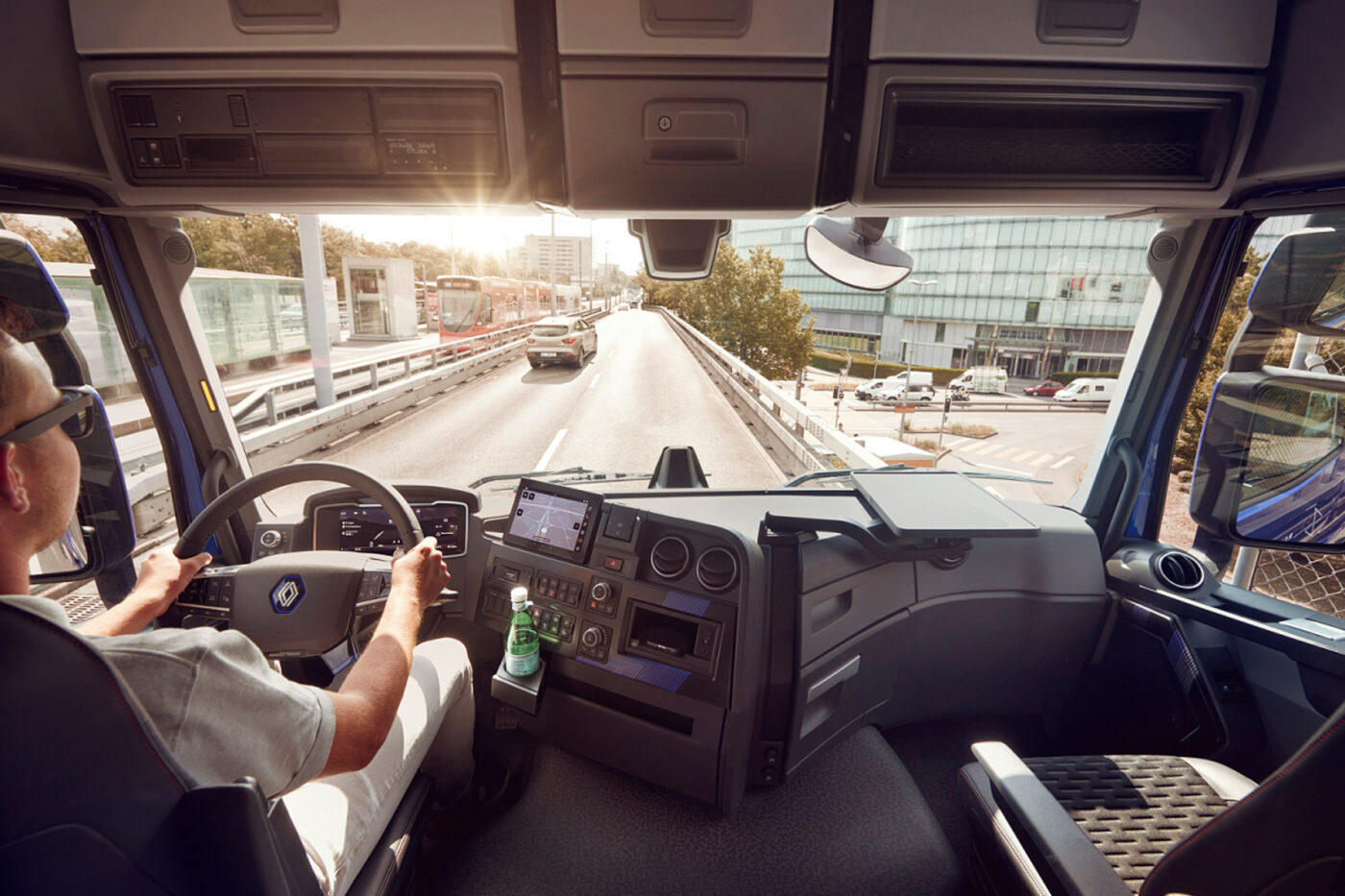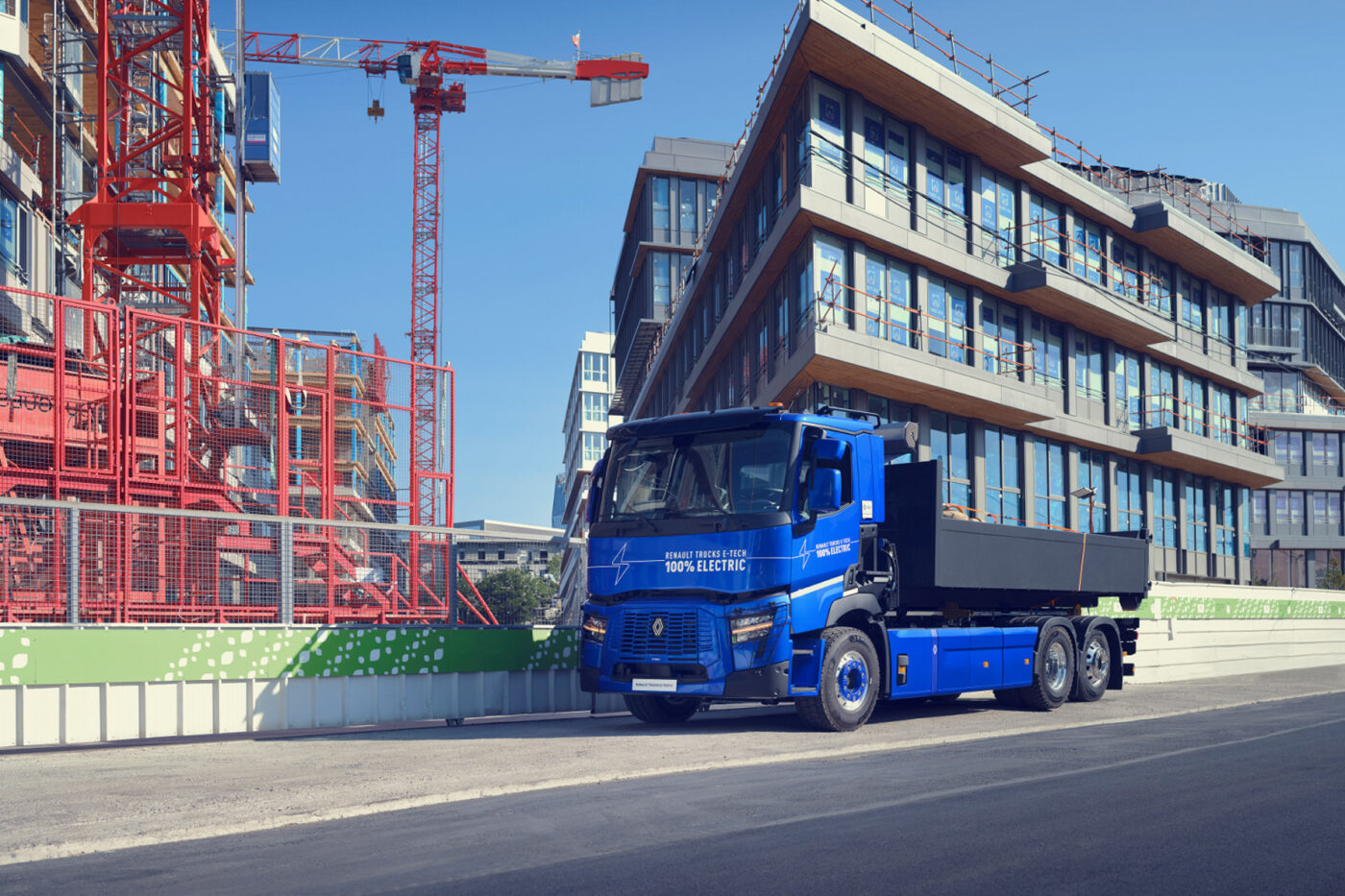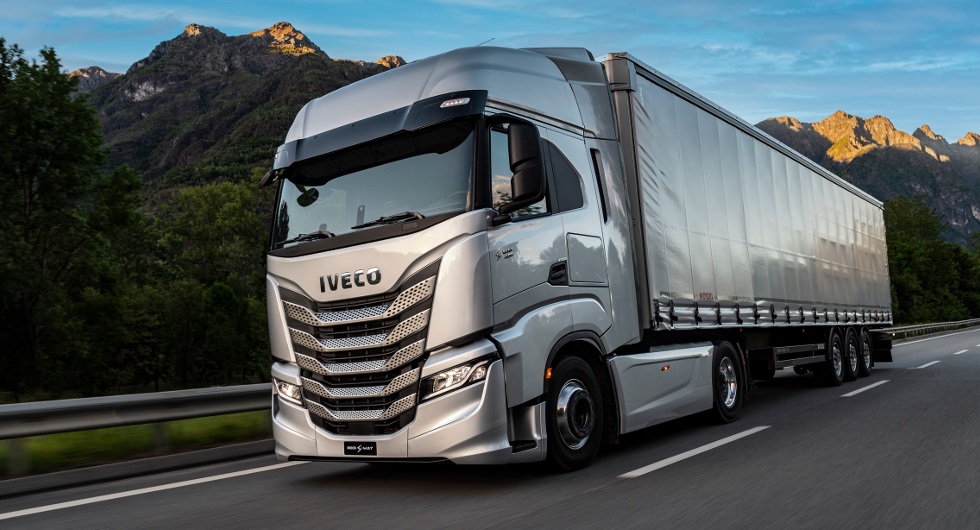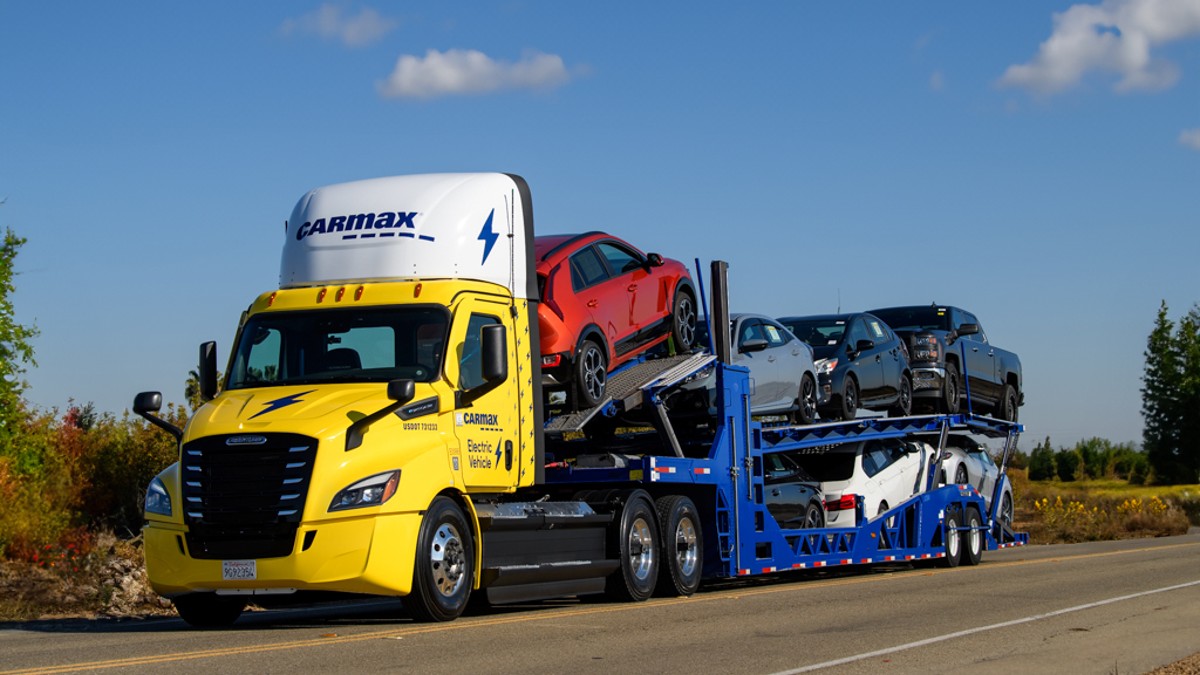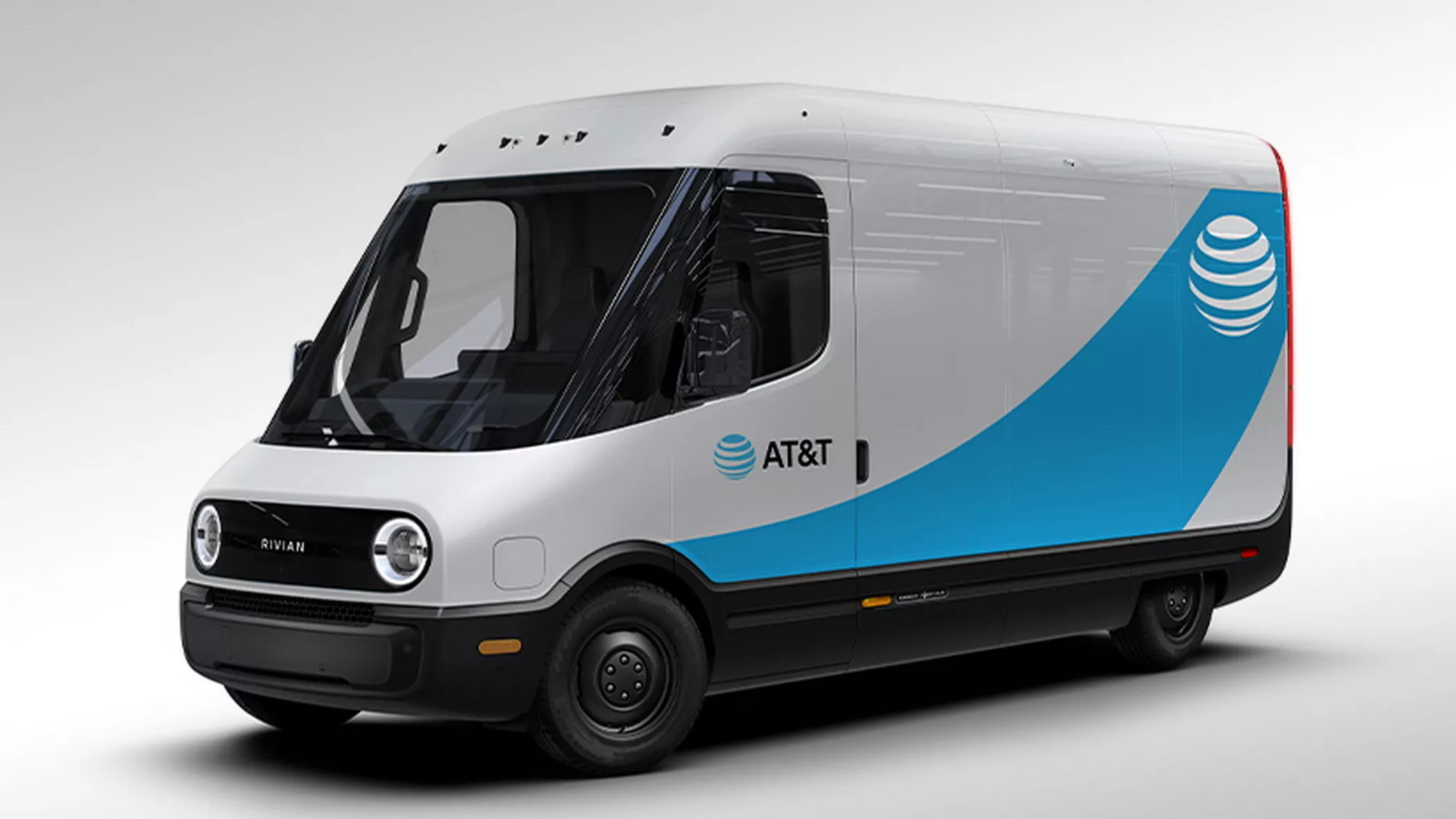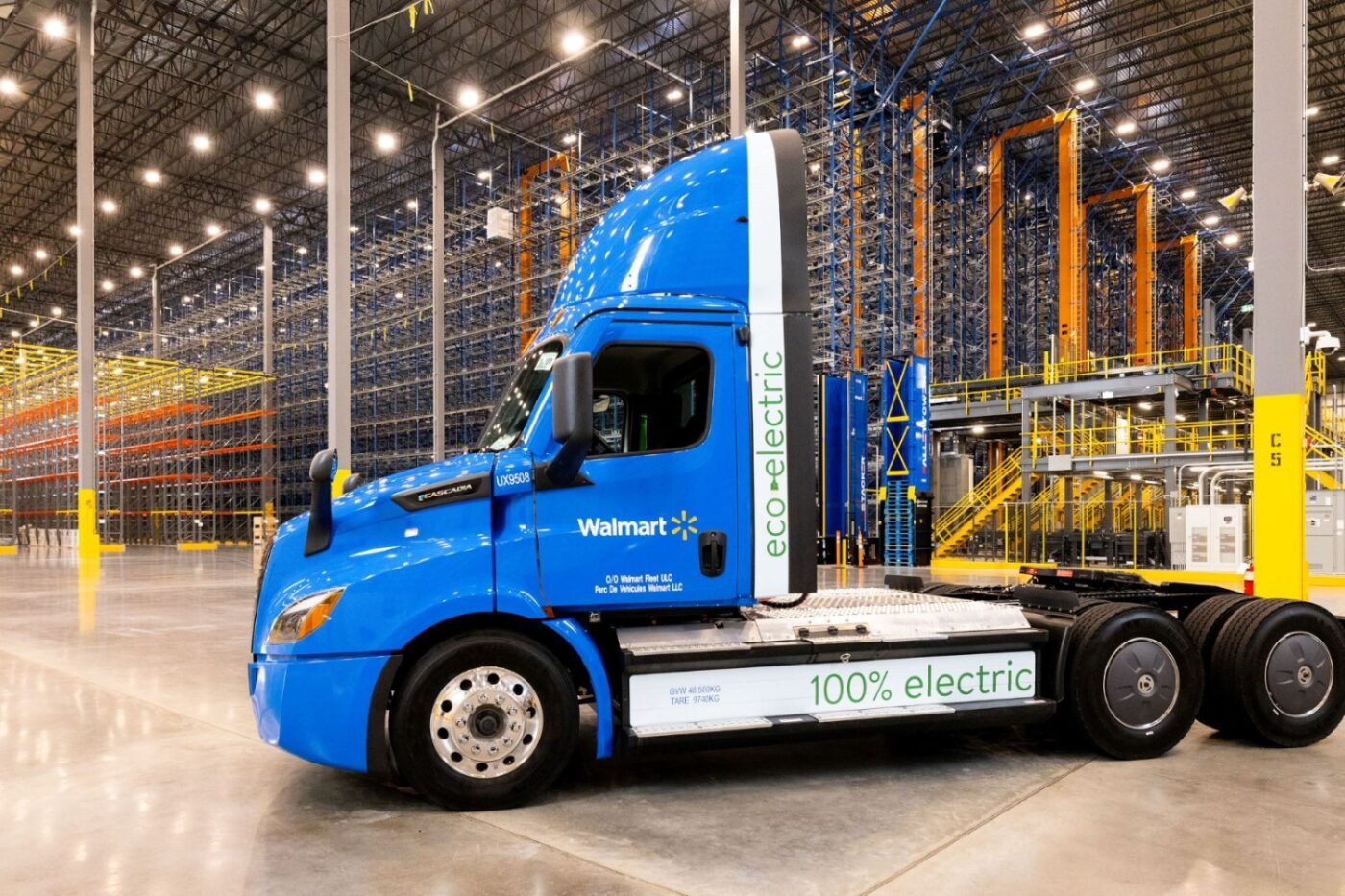French automaker Renault Trucks has initiated the mass production of its all-electric E-Tech T and E-Tech C trucks, designed for regional distribution and urban construction, respectively. The electric models, unveiled in November 2022, are now being manufactured at the company’s plant in Bourg-en-Bresse, France.
The electric trucks incorporate battery cells and modules from Samsung SDI, assembled at a new facility in Ghent, Belgium, owned by the Volvo Group, which includes Renault Trucks. Volvo Trucks commenced series production of its FH Electric, FM Electric, and FMX Electric heavy-duty models in Ghent in September 2023.
See also: Renault opens orders for 2 models of its newest heavy duty electric truck
Depending on customer requirements, Renault Trucks can install four to six battery packs with a capacity ranging from 390 to 540 kWh per vehicle. Initially proposed with an option for two battery packs with 180 kWh each, the manufacturer now emphasizes the availability of four or six pack configurations.
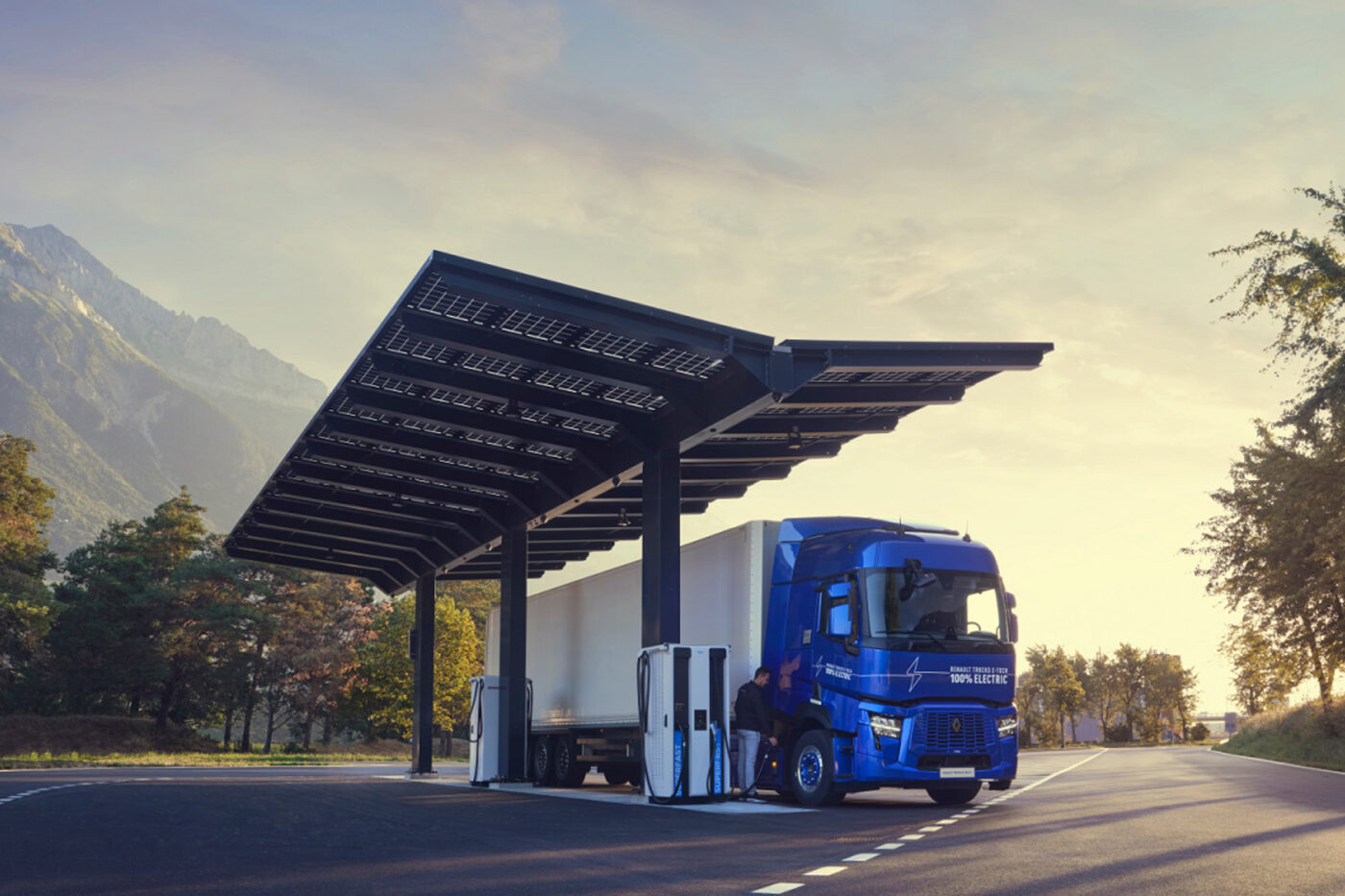
Renault Trucks claims a maximum range of up to 300 kilometers on a single charge and up to 500 kilometers with an intermediate fast charge providing up to 250 kW for an hour. The charging options include a 43 kW AC charging capacity, with a charging time of 9.5 hours using alternating current or 2.5 hours with direct current.
To accommodate various use cases, the automaker offers three power take-off types for auxiliary units: purely electric, electromechanical, or directly on the transmission. Customers can choose between two or three electric motors for the drive, enabling a total output of up to 490 kW.
See also: Renault Master E-Tech gets battery with increased capacity, now has a range of up to 203 Km
Available in 4×2 and 6×2 tractor units with an extended cab and a wheelbase of 3,900 mm, the Renault Trucks E-Tech T and C, with a gross combination weight of up to 44 tonnes, also come in rigid configurations as 4×2, 6×2, and 8×4 tridem. Renault Trucks aims to achieve 50% of its sales from electric vehicles by 2030, as part of its broader eMobility strategy, with a target for all vehicles to be locally CO2-neutral by 2040.
